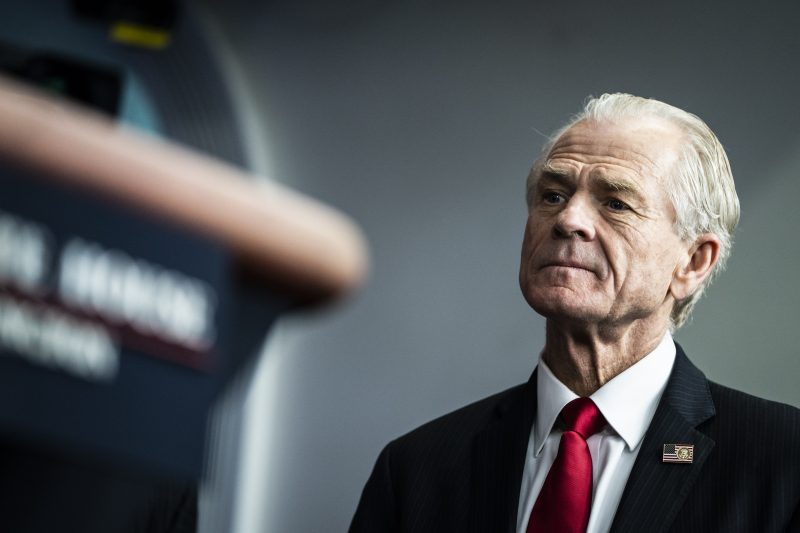In a recent legal move that has sparked significant public interest and debate, former Trump advisor Peter Navarro has filed a petition with the Supreme Court seeking to avoid being held in contempt and potentially facing imprisonment for his refusal to comply with a subpoena from the House January 6 Committee. This unprecedented situation has drawn attention not only for its immediate implications for Navarro but also for the broader legal and political questions it raises regarding executive privilege, congressional oversight, and the powers of the branches of government.
The crux of Navarro’s argument centers around his claim that the committee’s subpoena violates executive privilege, a longstanding principle that allows the president and those in the executive branch to withhold certain information from Congress and the courts in the interest of protecting sensitive communications and decision-making processes. Navarro, who served as an economic advisor to former President Donald Trump, asserts that the information sought by the committee falls under the umbrella of executive privilege and that he is therefore not obligated to comply with the subpoena.
However, legal experts and analysts have raised questions about the validity of Navarro’s argument, noting that executive privilege is not absolute and can be overcome in certain circumstances, such as when Congress has a legitimate need for the information in furtherance of its oversight responsibilities. The January 6 Committee, which is investigating the events leading up to and following the deadly insurrection at the U.S. Capitol on January 6, 2021, has made a compelling case that the information sought from Navarro is relevant to its inquiry and that his refusal to comply with the subpoena obstructs its work.
The Supreme Court now faces the weighty task of determining whether Navarro’s claim of executive privilege is justified in this context and whether his defiance of the committee’s subpoena constitutes contempt of Congress. The outcome of this case could have far-reaching implications for the balance of power between the executive and legislative branches of government and may set important precedents for future disputes over congressional oversight and executive privilege.
While Navarro’s legal maneuvering has garnered attention for its immediate implications, it also raises broader questions about accountability, transparency, and the rule of law in a democracy. The ability of Congress to conduct thorough and effective oversight of the executive branch is a fundamental aspect of the U.S. system of government, and the resolution of this case will be a crucial test of the strength and resilience of the country’s constitutional checks and balances.
As the Supreme Court considers Navarro’s petition and grapples with the complex legal and constitutional issues at stake, all eyes will be on the justices to see how they navigate this delicate balance of powers and uphold the principles of accountability and transparency that are vital to the functioning of American democracy. The outcome of this case will not only have immediate consequences for Peter Navarro but will also leave a lasting imprint on the ongoing debate over executive privilege and congressional oversight in the United States.


























